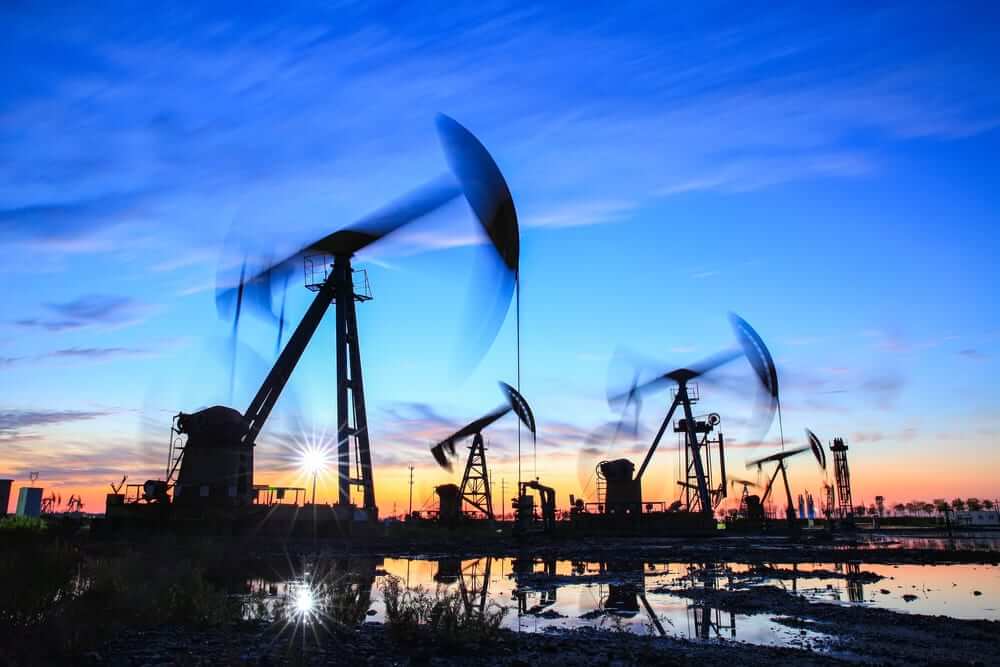
Oil and Gas Will Grow Rapidly
Offshore oil and gas drilling and projects should develop rapidly, owing to the world’s clear need for enormous volumes of fossil fuels, as indicated by Europe’s prolonged energy crisis and tight markets.
According to analysts, high-impact drilling is returning following the COVID-induced lull. Worldwide majors are near to authorizing more offshore projects, even some so far offshore that production sites would be in foreign waters.
Despite the push for energy transition and oil majors’ declared goals to invest more in clean energy solutions and – for some, like BP – to reduce oil and gas output this decade, Big Oil is going offshore for vast resources. Because of the sheer scope of the massive initiatives, those identified resources would require significant capital expenditure to get up and run. Still, deep offshore projects may supply oil for decades at lower breakeven costs once pumping. More offshore drilling faces stiff opposition from environmental groups, which normally want Big Oil to halt pumping immediately and warn that possible ocean spills would imperil the marine ecology.
The global oil demand pattern in the coming decades of the energy transition will be a critical factor in the profitability of future offshore oilfields. However, during a historic energy crisis, E&P corporations are not abandoning offshore oil. On the contrary, they want to build projects that will pump oil for years, if not decades, at a lower cost than other types of oil development. Global offshore oil and gas engineering, procurement, and construction (EPC) investment should total $276.2B between 2022 and 2026, a 71.3% increase over the previous five-year period.
A Russian Oil Executive Has Died
The leader of Russia’s largest private oil business, which had opposed Russia’s military intervention in Ukraine, died after falling from a hospital window. Lukoil was one of the few Russian firms to officially call for the conclusion of Russia’s military intervention in Ukraine, asking for the “rapid halt of the armed confrontation” in March.
In May, a former Lukoil executive was discovered dead in the basement of a home in a Moscow suburb. According to Russian media, the residence belonged to a self-proclaimed shaman who undertook purifying rituals.
China Increases Indonesia’s Offshore Oil and Gas Risk
China has yet to reply to plans by British oil giant Harbour Energy PLC to pump freshly discovered natural gas from its Tuna block across the maritime border into Vietnam’s offshore network, despite unilaterally extending its territory claims into Indonesia’s Economic Exclusion Zone (EEZ).
Harbour found the Tuna field in 2014. It was drilling two appraisal wells in July 2021 when a Chinese coast guard approached the company’s rented semi-submersible rig and ordered it to stop operations. That, along with a following statement from the Chinese Foreign Ministry, was the first time Jakarta realized Beijing was bent on enforcing its hazy nine-dash line of claimed territorial sovereignty in Indonesian waters, as it has already done with Vietnam and the Philippines.
A fleet of Indonesian Navy corvettes with orders not to interfere was present at the sea. The Chinese research ship Haiyang Dizhi 10 and two coast guard cutters conducted a comprehensive underwater survey around the rig over the next seven weeks.
According to the most recent corporate reports, Harbour and Russia’s state-owned JSC Zarubezhneft each possess 50,5% of the Tuna block. It has a conservative 100M barrels of oil equivalent per day (MMBOE) – 45,5% liquids and 55,5% gas.
According to Harbour, it will submit a Plan of Development later this year, with an investment decision expected by the end of 2023. However, none of its assessments have particularly identified any of the project’s geopolitical dangers.




